Turkey’s knife-edge election
Most important vote in a generation goes down to the wire amid concern President Erdogan could refuse to cede power
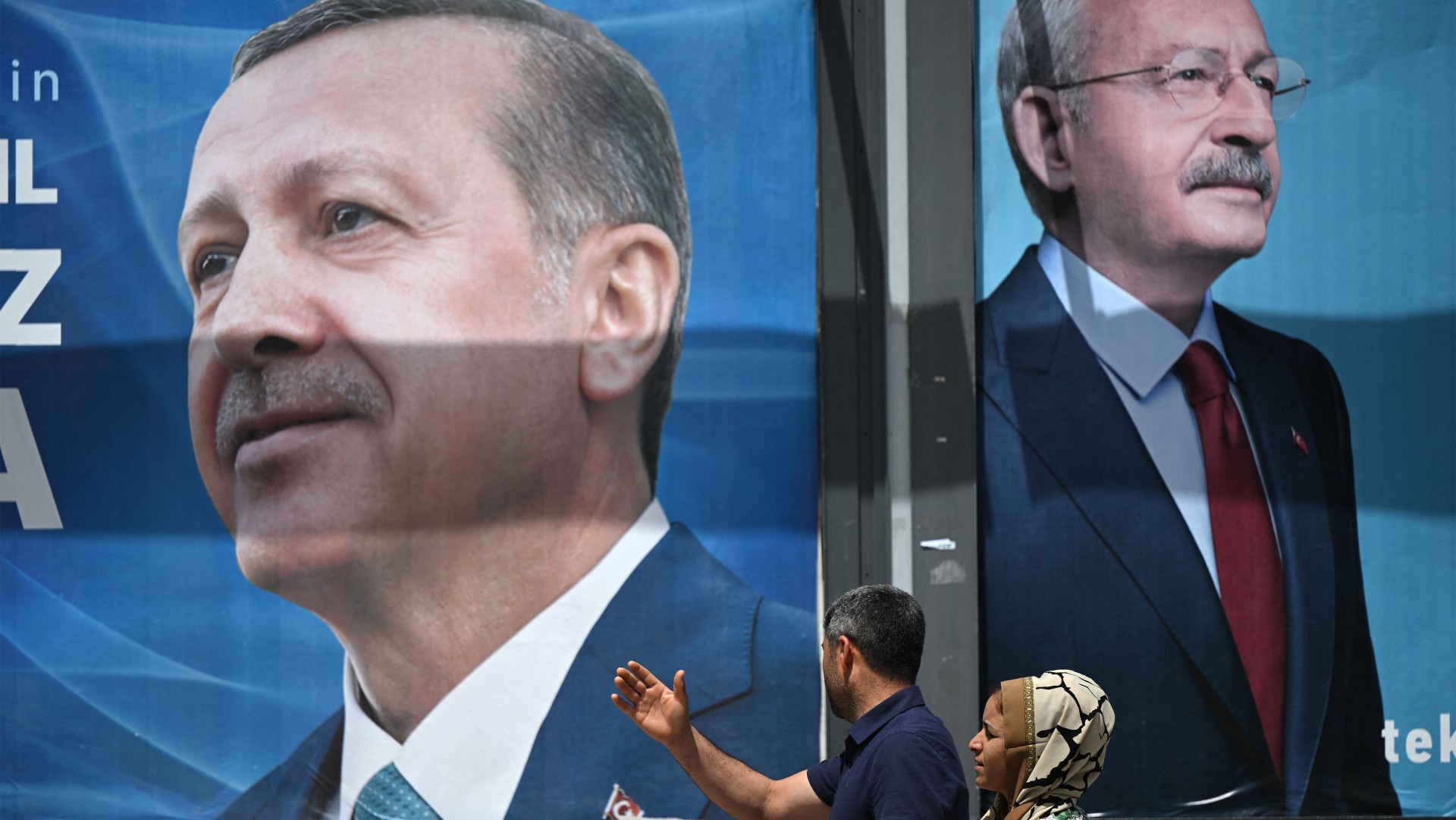
A free daily email with the biggest news stories of the day – and the best features from TheWeek.com
You are now subscribed
Your newsletter sign-up was successful
Turkey heads to the polls next week for the most tightly contested and important presidential election in a generation.
The vote on 14 May, which coincides with parliamentary elections, could define the course of the country for decades and have huge ramifications for the region, the war in Ukraine and the future course of Nato and the European Union.
A reported case of gastroenteritis has “disrupted Erdogan’s attempts to seize momentum in the run-up to Turkey’s most important election in generations”, said Al Jazeera. These elections are about “legacy and history, which seem to be catching up with the most powerful Turkish leader since Kemal Atatürk”, said The Observer.
The Week
Escape your echo chamber. Get the facts behind the news, plus analysis from multiple perspectives.

Sign up for The Week's Free Newsletters
From our morning news briefing to a weekly Good News Newsletter, get the best of The Week delivered directly to your inbox.
From our morning news briefing to a weekly Good News Newsletter, get the best of The Week delivered directly to your inbox.
Who is Erdogan up against?
The presidential election, held every five years, sees the candidate who receives more than 50% of the first-round vote elected. If no one reaches the majority threshold a second-round run-off is held between the two highest-polling candidates, this year scheduled for 28 May.
According to Politico, 2023 is “expected to be the most hotly contested race in Erdogan’s 20-year rule” as he faces a neck-and-neck race against the main opposition candidate Kemal Kilicdaroglu, the leader of the Republican People’s Party (CHP) and presidential nominee for the six-party Nation Alliance bloc.
The 74-year-old Kilicdaroglu “cuts a starkly different figure than the incumbent” said The Independent. “Where Erdogan is a mesmerising orator, the unassuming Kemal Kilicdaroglu is soft spoken,” the paper added. As the “polarising Erdogan has grown increasingly authoritarian, Kilicdaroglu has built a reputation as a bridge builder and vows to restore democracy,” The Independent continued. This has earned him the nickname the “Turkish Gandhi”.
Having defied expectations to unite the opposition behind him, polls give Kilicdaroglu a “slight edge” but there are many intangibles that could sway the result either way.
A free daily email with the biggest news stories of the day – and the best features from TheWeek.com
A record turnout is predicated this year with nearly five million first-time voters, many of whom have only ever known Erdogan as leader, expected to cast their ballot. “Turkey’s demographics are also expected to play a role”, said CNN, with most of the provinces struck by the February earthquake being strongholds of Erdogan and his Justice and Development Party (AKP), leading to claims that at least a million displaced voters could be denied the chance to vote.
In his favour is the decision by former presidential candidate and centrist Homeland Party leader Muharrem Ince to stand, potentially drawing enough votes away from Kilicdaroglu to carry Erdogan through to a run-off. The Financial Times reported Erdogan is “counting on diaspora support as he battles to cling to power”, courting German Turks and increasing the number of polling stations across Europe in search of votes. There is also a big unknown around supporters of the pro-Kurdish Peoples’ Democratic Party (HDP), which has backed Kilicdaroglu and are expected to play a “decisive role” in the elections, said CNN.
The parliamentary elections are also too close to call, although Erdogan’s AKP currently holds a slight lead.
Where will the election be decided?
In the 20 years since coming to power, Erdogan and AKP have “left a deep mark on the country – expanding the role of Islam in the traditionally secular state and growing Turkey’s influence abroad”, said Foreign Policy. “But years of unorthodox economic policy and a deadly February earthquake have undermined confidence in the government, leading many voters to question the reputation for competent administration that has traditionally been central to the AKP’s appeal.”
Even before the earthquake, Turkey had been struggling with a long-running currency crisis that last year saw inflation hit 85%. Voters also list the country’s slide into authoritarianism as a key concern. Tapping into these fears, The Independent said the Nation Alliance has “vowed to roll back Erdogan’s efforts to concentrate vast powers in the president’s hands” while the coalition has also pledged “to reinstate a parliamentary democracy with checks and balances, to return to more conventional economic policies and to fight corruption”.
Erdogan has instead “focused on listing his achievements, including the construction of millions of new houses, and his push to resurrect Turkey’s military might”, reported Al Jazeera.
What happens next?
If, as current polls suggest, Erdogan loses the vote by a small margin, “it opens up the possibility for him to contest the results”, said CNN, “and if past experience is a gauge, then the president and his AK Party may not take a defeat lying down”.
“Much of the anxiety surrounding Turkey’s presidential contest – and how Erdogan will respond to its results – is a consequence of his unique position in Turkish political history,” said Foreign Policy. “It is hard to imagine Erdogan gracefully accepting defeat because it would be unprecedented: no Turkish president has ever been directly voted out of office”.
Were he to cling on to power, “the fear in the West is that he will see this as his moment to push toward an increasingly religiously conservative model, characterised by regional confrontationalism, with greater political powers centred around himself,” said Politico.
The news site added that the election “will also weigh heavily on security in Europe and the Middle East”. The candidate who is elected “stands to define: Turkey’s role in the NATO alliance; its relationship with the US, the EU and Russia; migration policy; Ankara’s role in the war in Ukraine; and how it handles tensions in the Eastern Mediterranean”, it concluded.
-
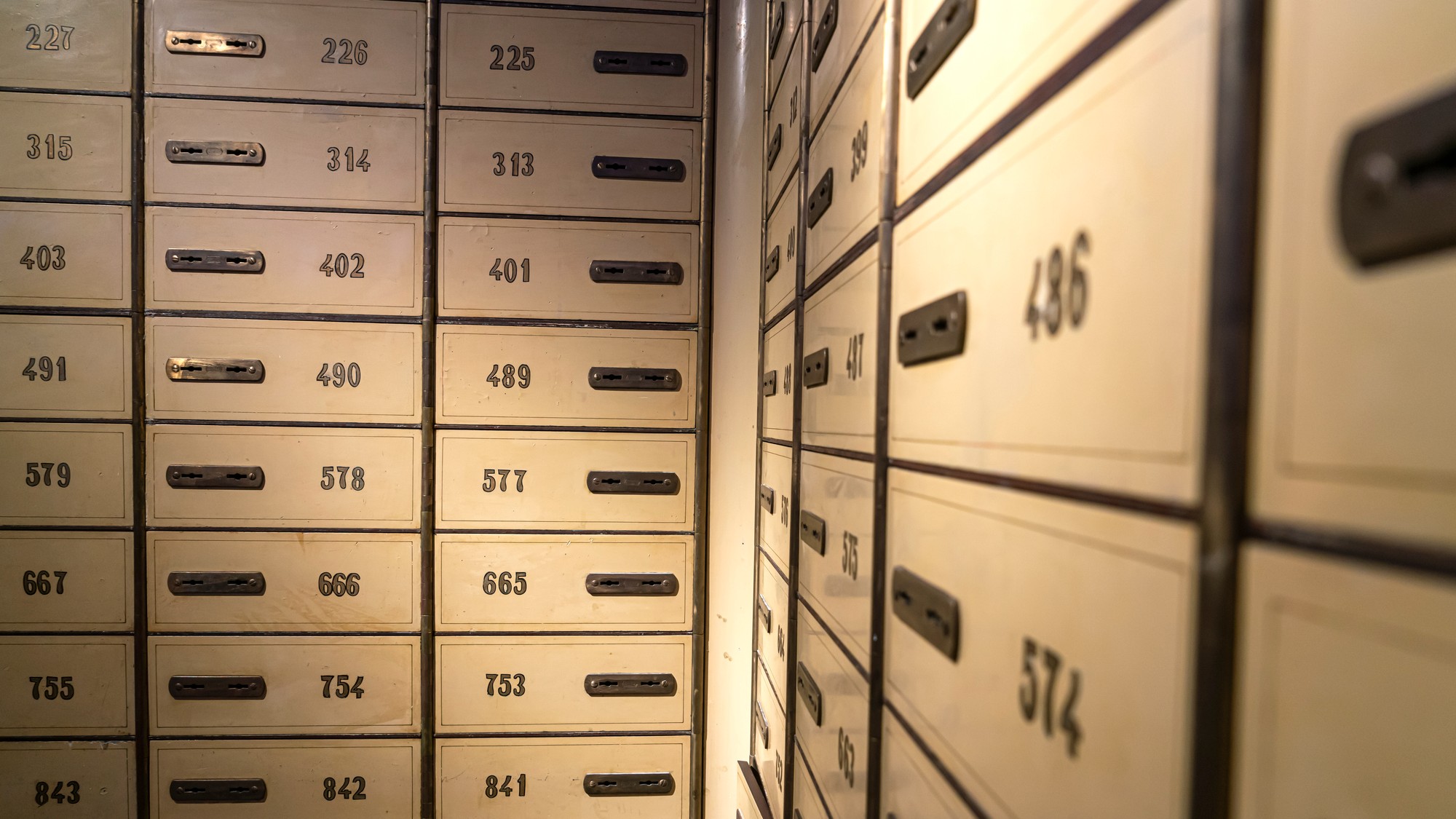 The Week contest: Lubricant larceny
The Week contest: Lubricant larcenyPuzzles and Quizzes
-
 Can the UK take any more rain?
Can the UK take any more rain?Today’s Big Question An Atlantic jet stream is ‘stuck’ over British skies, leading to ‘biblical’ downpours and more than 40 consecutive days of rain in some areas
-
 The UK expands its Hong Kong visa scheme
The UK expands its Hong Kong visa schemeThe Explainer Around 26,000 additional arrivals expected in the UK as government widens eligibility in response to crackdown on rights in former colony
-
 The UK expands its Hong Kong visa scheme
The UK expands its Hong Kong visa schemeThe Explainer Around 26,000 additional arrivals expected in the UK as government widens eligibility in response to crackdown on rights in former colony
-
 ‘Hong Kong is stable because it has been muzzled’
‘Hong Kong is stable because it has been muzzled’Instant Opinion Opinion, comment and editorials of the day
-
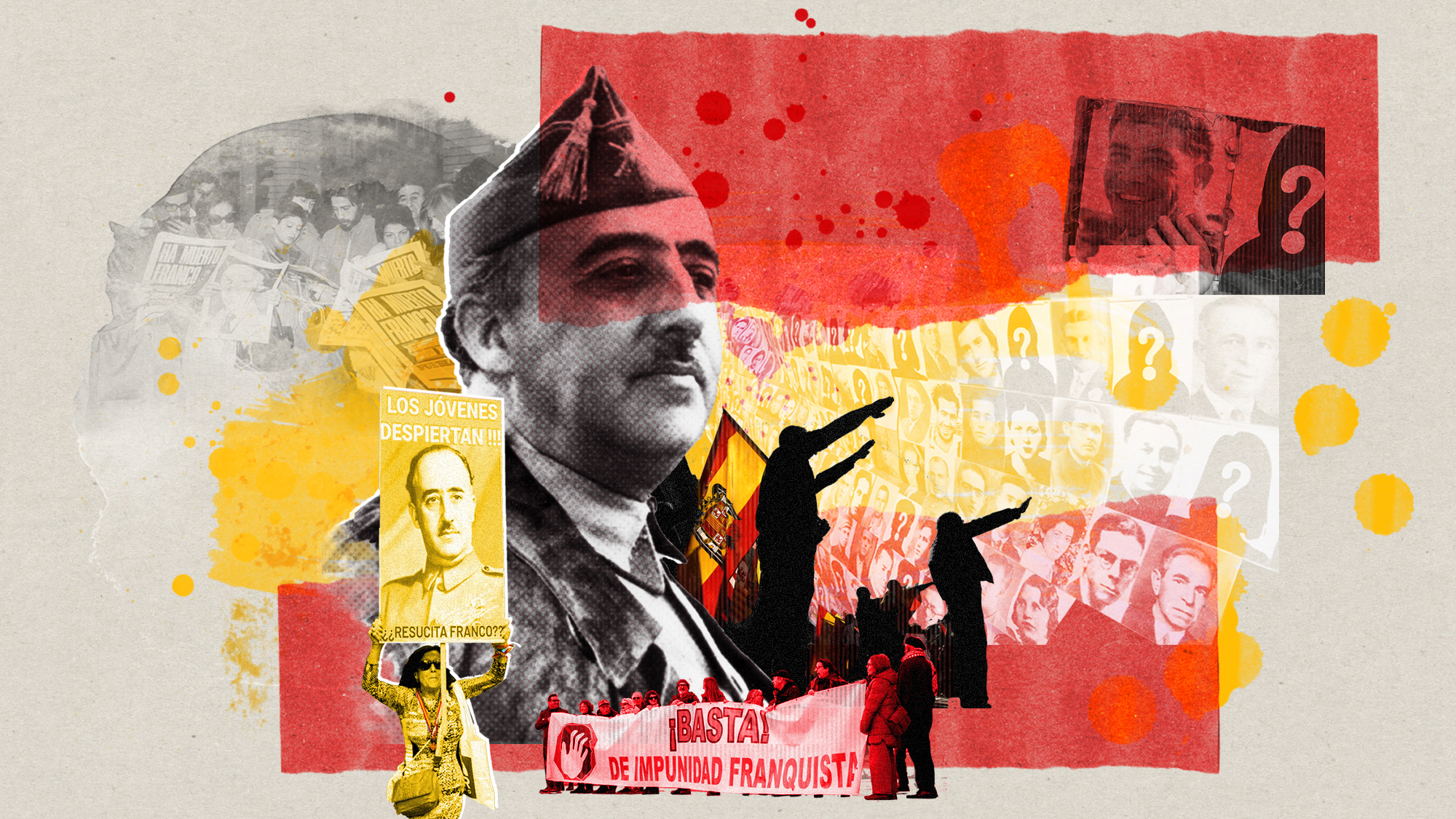 Revisionism and division: Franco’s legacy five decades on
Revisionism and division: Franco’s legacy five decades onIn The Spotlight Events to mark 50 years since Franco’s death designed to break young people’s growing fascination with the Spanish dictator
-
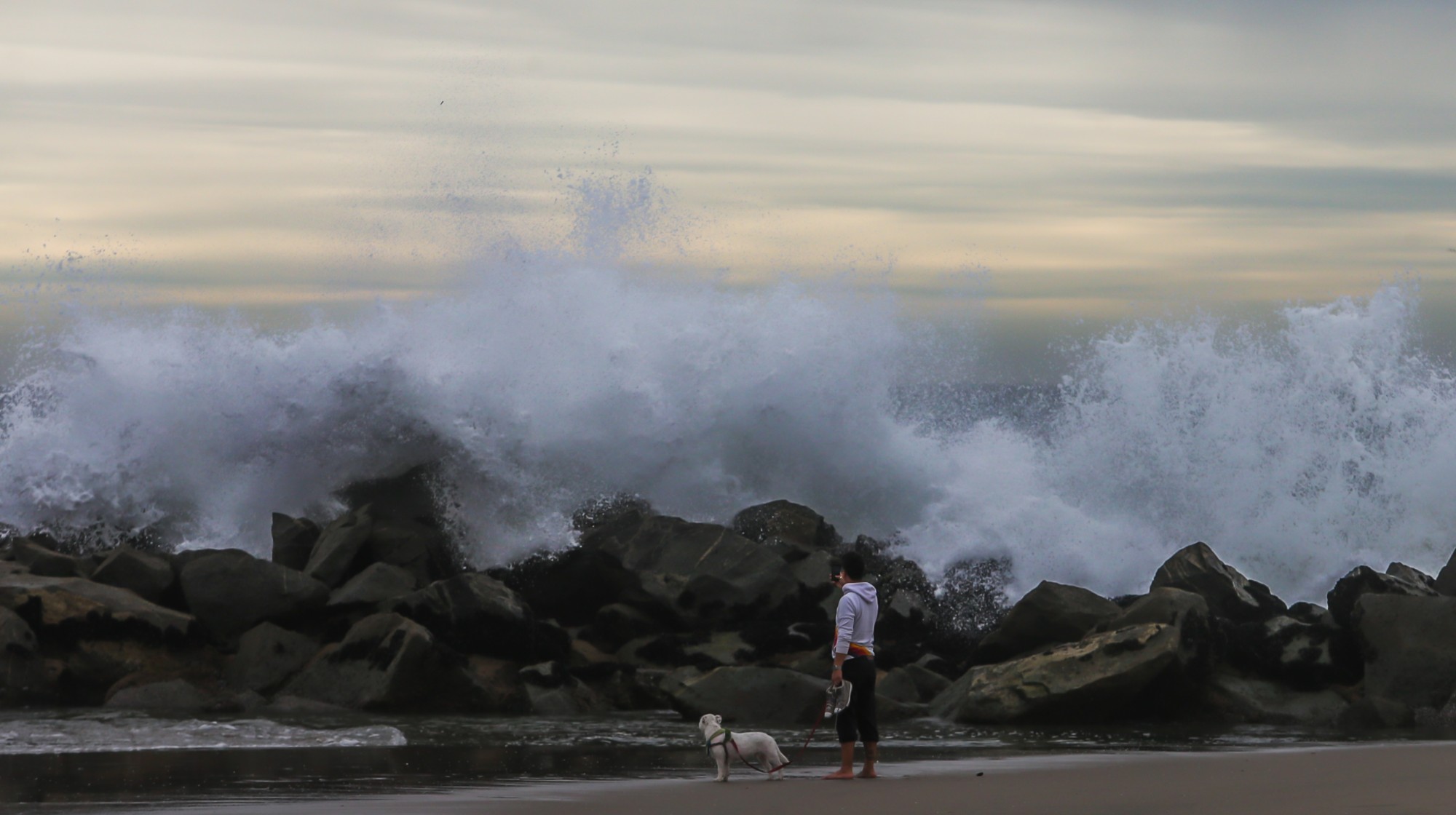 Alaska faces earth-shaking loss as seismic monitoring stations shutter
Alaska faces earth-shaking loss as seismic monitoring stations shutterIN THE SPOTLIGHT NOAA cuts have left the western seaboard without a crucial resource to measure, understand and predict tsunamis
-
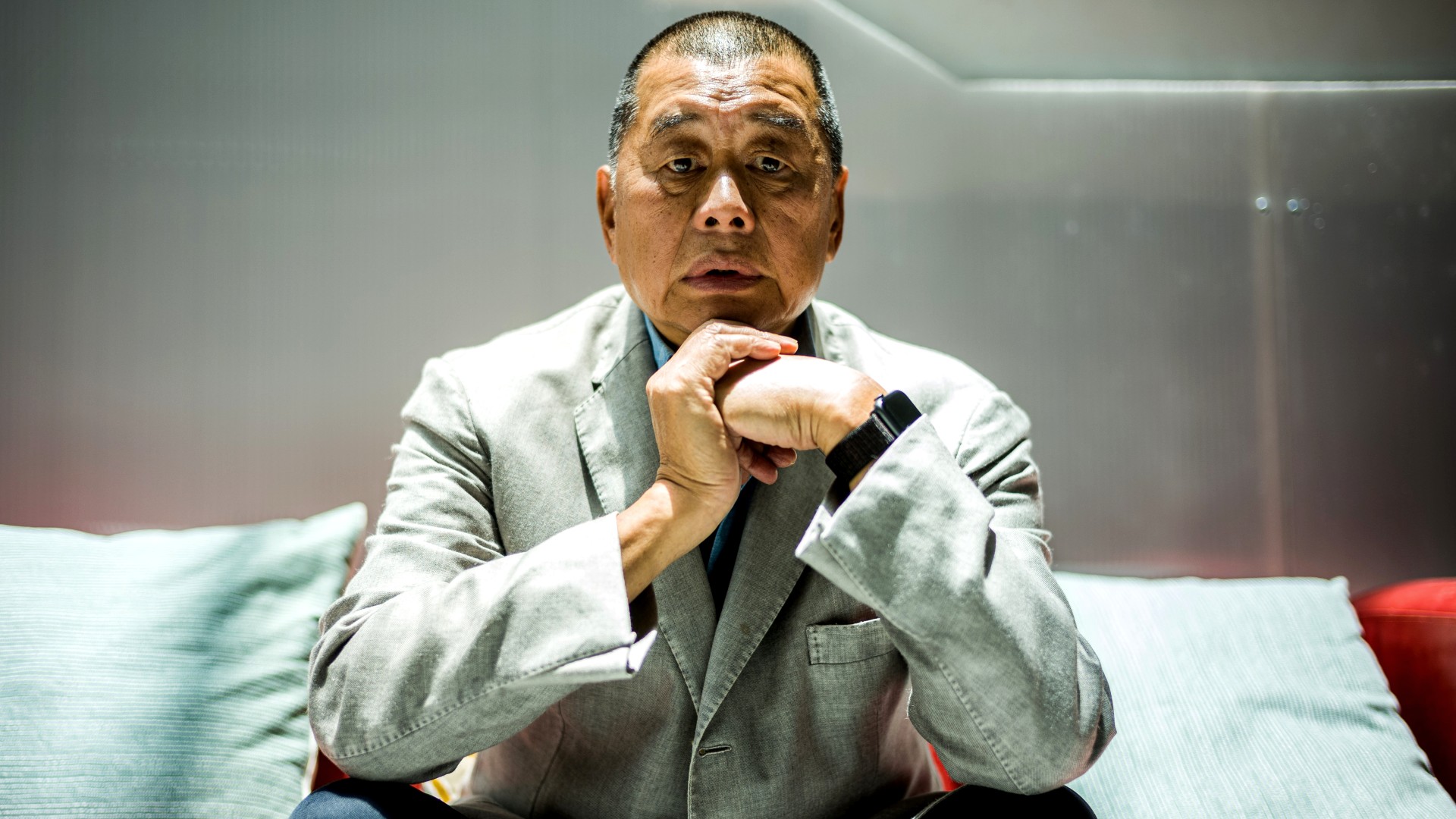 Can anyone save Jimmy Lai?
Can anyone save Jimmy Lai?Today's Big Question 'Britain's shameful inaction' will mean it's partly 'responsible' if Hong Kong businessman dies in prison
-
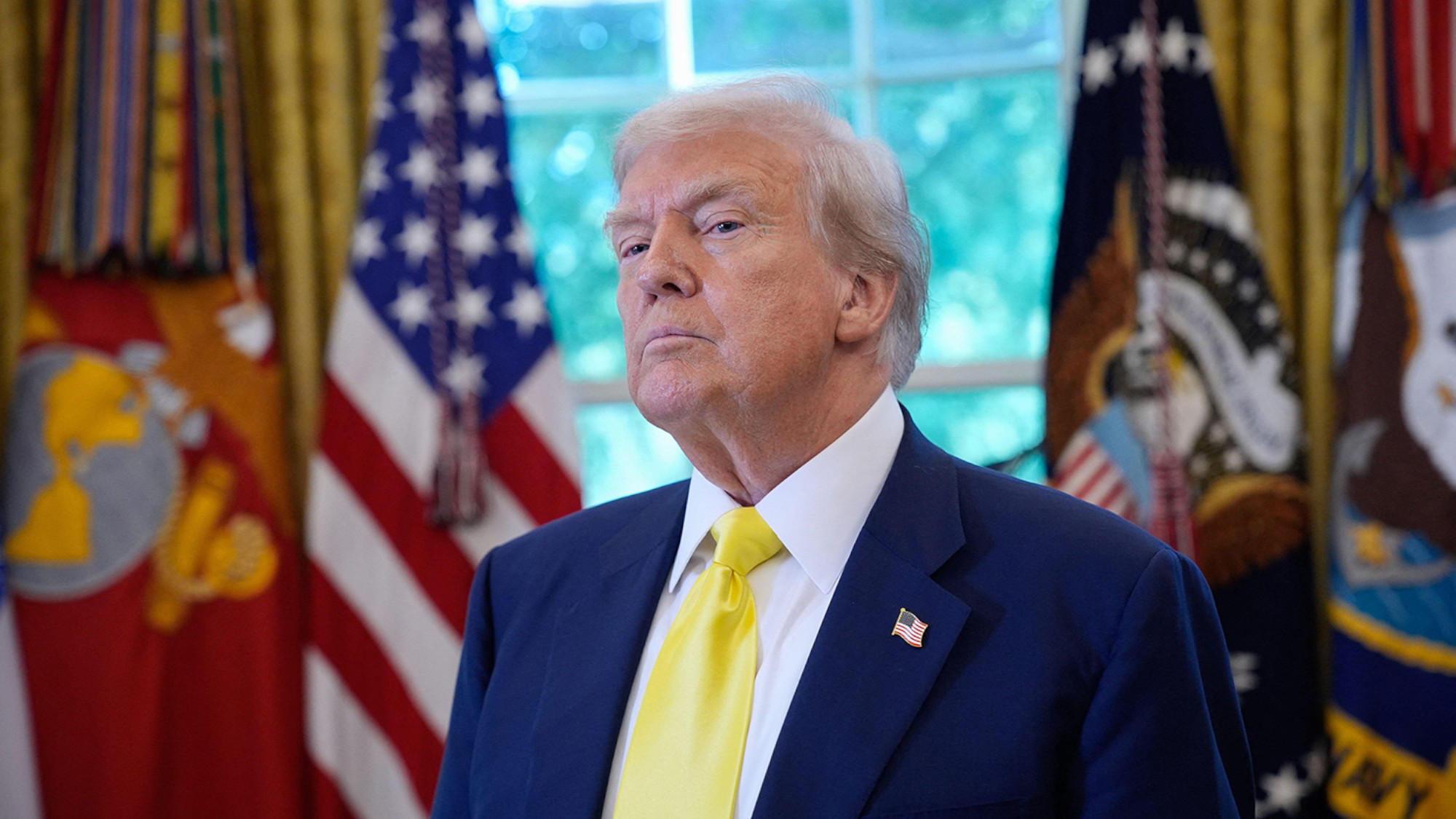 America: Are we now living in an autocracy?
America: Are we now living in an autocracy?Feature 200 days into his presidency and Trump is still deepening his authoritarian grip
-
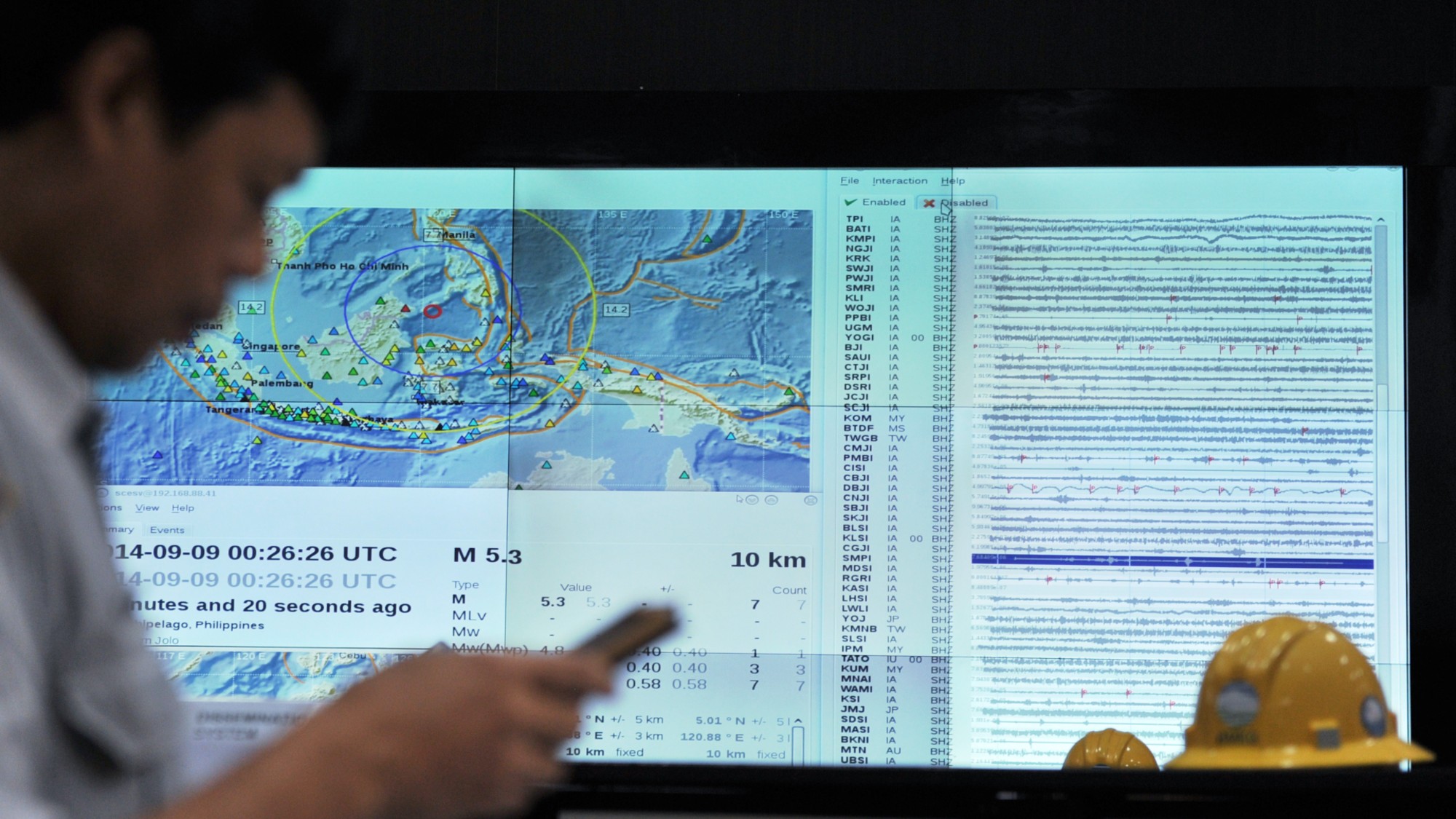 'This comes with policy implications'
'This comes with policy implications'Instant Opinion Opinion, comment and editorials of the day
-
 Is the G7 still relevant?
Is the G7 still relevant?Talking Point Donald Trump's early departure cast a shadow over this week's meeting of the world's major democracies